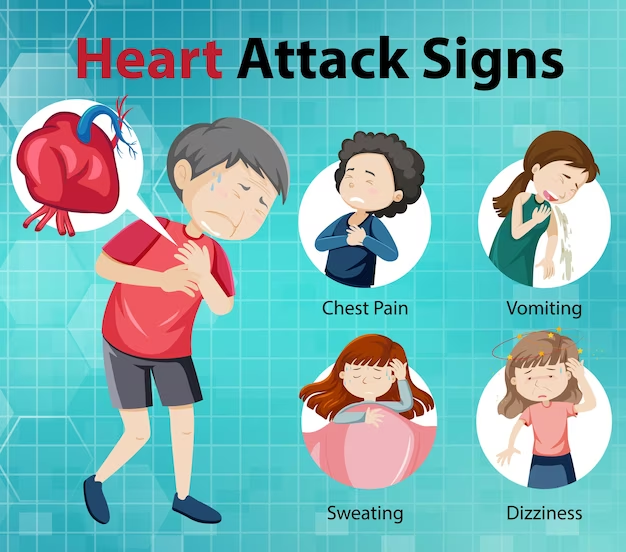Sleep , types and Incredible Benefit of Sleep along with insomnia
Introduction :
Sleep is a fundamental aspect of our lives that profoundly impacts our physical, mental, and emotional well-being. It helps to repair and restore our bodies, consolidate memories, and regulate our emotions. Humans spend about one-third of their lives asleep, yet most individuals know little about sleep. Although its function remains to be fully elucidated, sleep is a universal need of all higher life forms including humans, absence of which has serious physiological consequences.
What happens when you don’t sleep is that these fundamental processes are short-circuited, affecting thinking, concentration, energy levels, and mood. As a result, getting the sleep you need — seven to nine hours for adults and even more for children and teens — is crucial.
Types of Sleep :
Non-Rapid Eye Movement (NREM) Sleep: Comprises three stages, each contributing to different restorative functions.
The first three stages of sleep are composed of non-REM activity. Stage 1 is short, representing the act of dozing off and transitioning into sleep. In Stage 2 the body and mind slow down as you settle into sleep. It’s easiest to be awoken during these first two stages.
In Stage 3, also known as deep sleep, the body is in recovery mode, slowing down even further. At the same time, overall brain activity slows and shows a tell-tale pattern of pulses of activity that are believed to help prevent unwanted awakenings. The fourth stage is REM sleep.
Rapid Eye Movement (REM) Sleep: Characterized by vivid dreams, increased brain activity, and rapid eye movements. While breathing and heart rate increase during REM sleep, most muscles are paralyzed, which keeps us from acting out those vivid dreams.
Causes of Disturbed Sleep:
Stress and Anxiety: Mental strain can lead to difficulties falling asleep or staying asleep.
Poor Sleep Hygiene: Irregular sleep schedules, excessive caffeine intake, and screen time before bed can disrupt sleep.
Medical Conditions: Sleep apnea, restless legs syndrome, and chronic pain can interfere with sleep.
Lifestyle Factors: Lack of physical activity, unhealthy diet, and excessive alcohol consumption can impact sleep quality.
Allergy and Respiratory Problem : Allergies, colds, and upper respiratory infections can make it challenging to breathe at night. The inability to breathe through your nose can also cause sleeping difficulties.
Frequent urination : Nocturia , or frequent urination, may disrupt your sleep by causing you to wake up during the night. Hormonal imbalances and diseases of the urinary tract may contribute to the development of this condition.
Benefits of Sleep :
Reduced risk of obesity. Sleep deprivation can lead to weight gain, as it can increase levels of the stress hormone cortisol. Cortisol can stimulate appetite and make it harder to lose weight.
Improved heart health. Sleep deprivation can increase the risk of heart disease, stroke, and high blood pressure. This is because sleep deprivation can disrupt the body's natural rhythms and make it harder for the heart to function properly.
Stronger immune system. Sleep helps the body fight off infection. When we don't get enough sleep, our immune system is weakened, making us more susceptible to colds, flu, and other illnesses.
Sharper thinking. Sleep helps us to think clearly and make better decisions. When we're sleep-deprived, we're more likely to make mistakes and have difficulty concentrating.
Improved mood. Sleep helps to regulate our emotions and improve our mood. When we're sleep-deprived, we're more likely to feel anxious, depressed, and irritable.
Better athletic performance. Sleep is essential for athletic performance. When we're well-rested, we have more energy and can perform better at sports and other physical activities.
Reduced risk of accidents. Sleep deprivation can impair our judgment and coordination, making us more likely to have accidents. Drowsy driving is a major cause of accidents, and it is estimated that sleep deprivation causes over 100,000 car accidents each year in the United States.
Improved memory and learning. Sleep helps us to consolidate memories and learn new information. When we're sleep-deprived, we're more likely to forget things and have difficulty learning new things.
Increased creativity. Sleep can help to boost our creativity and problem-solving skills. When we're well-rested, we're more likely to come up with new ideas and solutions to problems.
Treatment of Insomnia :
Cognitive-behavioral therapy for insomnia (CBT-I). CBT-I is a type of therapy that helps people change their thoughts and behaviors about sleep.
Relaxation techniques. Relaxation techniques, such as deep breathing and meditation, can help to reduce stress and promote sleep.
Good sleep hygiene. Good sleep hygiene refers to practicing habits that promote sleep, such as going to bed and waking up at the same time each day, avoiding caffeine and alcohol before bed, and creating a relaxing bedtime routine.
Medications. In some cases, medications may be prescribed to help people with insomnia. However, medications should only be used as a last resort, as they can have side effects.
Diet . Incorporating more vegetables and fish into your diet, and reducing sugar intake. Limit your caffeine intake especially in late afternoon or evening. Try to drink less water at bedtime.
Conclusion:
Prioritizing sleep is not a luxury; it's an essential component of a healthy lifestyle. Understanding the different types of sleep, addressing causes of disturbed sleep, and seeking treatment for sleep disorders can lead to a significant improvement in overall well-being. By recognizing the benefits of quality sleep, from cognitive sharpness to emotional resilience and physical vitality, we empower ourselves to make positive changes that will positively impact every aspect of our lives. Remember, a good night's sleep is a valuable investment in your health and happiness.
If you are having trouble sleeping, it is important to see a doctor to rule out any underlying medical conditions. You can also talk to your doctor about treatment options for insomnia.
weeklyhealinghealth.blogspot.com
https://rumble.com/v3b1wn1-is-6-hours-sleep-is-enough-for-your-health.html
https://rumble.com/v3b1zrk-what-if-you-go-to-sleep-hungry-.html









Comments
Post a Comment